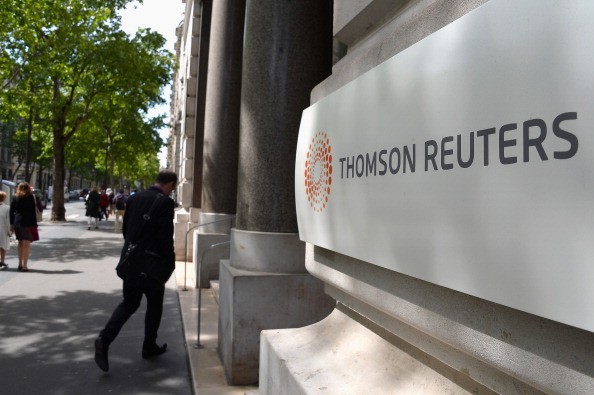Thomson Reuters' move to sale its Science Citation Index (SCI), a journal rating system, to two investment firms have earned the ire of Chinese scientists, the Global Times reported.
According to them, the sale may pave the way for the commercialization of scientific research.
In an announcement made by Reuters on July 11, the data and information services provider has sold SCI to Hong Kong's Baring Private Equity Asia and to the Toronto-based Onex Corp
.SCI is regarded as the world's leading index of science and technology journals as it contains over 6,500 notable journal citations covering 150 disciplines published from 1900 up to the present.
"SCI is an important factor in the careers of Chinese researchers as a crucial standard for their promotion is how many of their academic papers have been published in SCI-listed journals," Wang Gengchen, a research fellow assciated with the Institute of Atmospheric Physics at the Chinese Academy of Sciences (CAS), told the media outlet.
Wang further noted that the sale was profit-driven, adding that this move "may commercialize the indexes and tamper with academic research."
"Driven by commercial profits, the indexes' new owners may favor papers on one specific field, leading researchers to focus on that field while neglecting other fields that society really needs," Wang explained.
Other figures from the academic field noted however that they believe that they will not be affected by the sale.
"It's just the sale of SCI from one commercial company to another, which won't change the fact that it is a profit-making tool. So it won't have significant impact on academics," Yan Jianbing, a Huazhong Agricultural University professor, argued.
Though SCI has positively affected Chinese academics, research fellow Wang Zifa from CAS' Institute of Atmospheric Physics also told the Global Times that "holding SCI up as the only standard for evaluation is one-sided."
For the American Society for Microbiology, scientists' obsession with journal ratings can be called an example of a "tragedy of the commons." In a statement it released on the 11th, the society emphasized that this behavior might damage the interest of the global academic community.



























